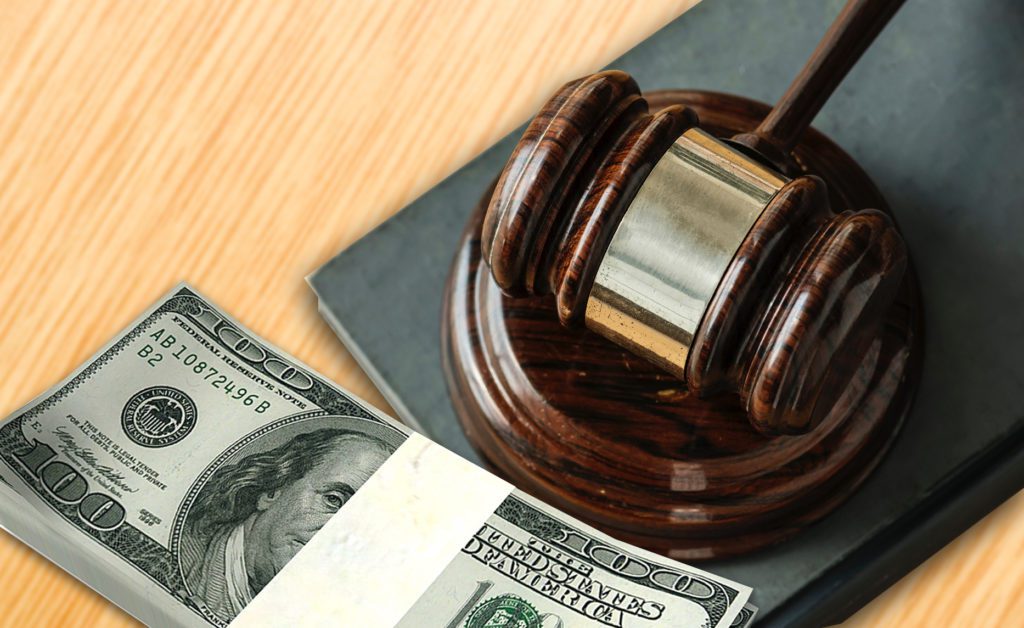3 Main Considerations When Obtaining Assignments of Lawsuits or Judgments as a Judgment Collection Tool
Reading Time: 5 minutes
Obtaining a judgment is only half the battle. The victorious party still needs to collect on that judgment. When garnishing bank accounts doesn’t work and assets aren’t readily available to seize, clever creditors attorneys have obtained the debtor’s interest in other litigation to help settle the outstanding debt. The following are three important considerations to be made when trying to obtain an assignment of lawsuit or judgment as a judgment collection tool.
1. A Debtor’s Pending Lawsuit Or Potential Claim Is Property That Can Be Recovered Under § 56.29
When a creditor wants to obtain a debtor’s interest in a different lawsuit, the creditor seeks to be an assignee of a “chose in action.” A chose in action is a claim brought to establish the creditor’s right to bring an action to recover on a debt. When a court grants a creditor’s chose in action right, it can order any non-exempt property to be levied upon and applied toward the satisfaction of a judgment debt. See Fla. Stat. § 56.29. Florida appellate courts have concluded that “property” includes a debtor’s interest in pending and impending lawsuits. For example, in MYD Marine Distrib. v. Int’l Paint Ltd., 201 So. 3d 843 (Fla. 4th DCA 2016), the trial court granted a creditor’s seizure of a debtor’s interest in a claim against a third party. The debtor appealed to the Florida Fourth District Court of Appeal and argued the assignment of the lawsuit was inequitable because the third party claim was allegedly larger than the amount owed to the creditor.
The appellate court affirmed the trial court, holding that the claim could be transferred. The appellate court concluded that § 56.29 included choses in action because “property” was entitled to a broad, expansive definition, and that other analogous areas of the law had long since classified certain types of property as seizable assets. While the debtor argued the transfer was inequitable due to the discrepancy in size between the amount owed and the third party claim it held, the court emphasized that the debtor did not offer any evidence at the trial level to show the actual value of the third party suit. MYD Marine demonstrates that third party claims are assignable under § 56.29, but the opinion does infer that a creditor can be estopped from being assigned the debtor’s interest if the debtor is able to produce facts showing the third party claim is substantially larger than the debt. Therefore, if a creditor is considering bringing a § 56.29 claim to take a creditor’s interest in a third party suit, you need to consider the value of that suit as it compares to the outstanding debt.
2. A Creditor Is Not Entitled To A Debtor’s Interest In Personal Tort Claims
Normally, only claims for injuries affecting property interests are assignable. For instance, in MYD Marine the creditor was assigned an interest in a breach of contract lawsuit. Personal torts, such as personal injuries, negligence claims and claims that are not simply injuries to property interests, are not assignable property under § 56.29. There is some precedent that holds that fraud claims revolving around the mishandling of business interests, even against family members, are not considered personal torts and thus assignable under § 56.29. Craft v. Craft, 757 So. 2d 571 (Fla. 4th DCA 2000). Thus, when attempting to obtain a debtor’s interest in a potential lawsuit, the creditor must be able to argue the third party suit is related to property rather than personal. Lastly, it should be noted that under Donan v. Dolce Vita Sa, Inc., 992 So.2d 859 (Fla. 4th DCA 2008), Fla. Stat. §56.29 does not permit judgment creditors to acquire claims against themselves in satisfaction of existing judgments.
3. A Judgment Creditor Can Garnish A Third Party If The Debtor Has A Judgment Against That Third Party
The case law previously discussed dealt with a creditor stepping into the shoes of a debtor during a pending litigation. However, in the event the claim has been liquidated to a judgment, Creditors can also take it a step further and garnish directly from the third party if the settlement has not yet been fully paid. See Fla. Stat. § 77.01. In most instances, the funds dispersed to a debtor can be obtained through the normal garnishing of the debtor’s or the third party’s bank accounts. Even funds dispersed to a debtor attorney’s trust account can be subject to garnishment. For instance, the Florida Supreme Court in Arnold, Matheny & Eagan, P.A. v. First Am. Holdings, Inc., 982 So. 2d 628, 630 (Fla. 2008) held that client creditors can access and make claims against funds or other property in a lawyer’s custody, including trust accounts.
Conclusion
Debtors can find creative ways to avoid their creditors, so it is imperative that creditors counter with even more creativity. While this article is not exhaustive, creditors who understand these three main considerations will already be ahead of the curve when trying to collect on their outstanding judgments. When it comes to creditor’s rights litigation, the squeaky wheel almost always gets the grease.


